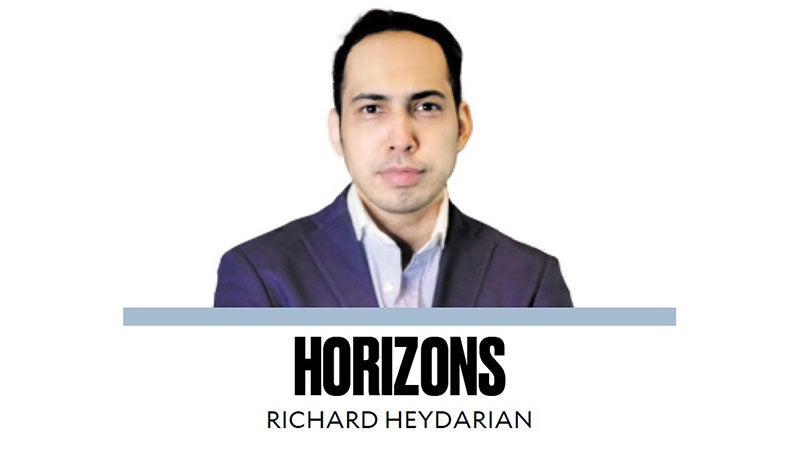Elections: A global opposition comeback?

Confronted with the specter of far-right political takeover, various progressive forces have responded with spectacular electoral success under tremendously divergent political circumstances.
In Britain, the deeply unpopular Torries under former prime minister Rishi Sunak were effectively forced to call for new elections amid a collapsing support base. In Iran, new presidential elections were held after the death of a former president during a helicopter crash in the country’s northern misty forests in May.
The most curious case, however, was in France, where President Emmanuel Macron, a notoriously audacious politician, decided to “[throw] a live grenade” at the feet of the resurgent far-right National Rally (RN) party, which topped the European Parliament elections last month.
The Labor Party managed to win more than 400 seats despite gaining fewer votes than in previous elections. The Tory collapse was far more dramatic than many expected, while the far-right gains ended up far less dramatic in terms of total number of seats (five) in the 650-member parliament. Former conservative prime minister Liz Truss couldn’t even hold on to her seat in South West Norfolk.
Corralling an absolute majority in the parliament, new prime minister Keir Starmer is now in a historic position to alter Britain’s troubling trajectory after more than a decade of turbulent and ultimately disastrous politics under the Torries.
While Labor won its first general elections since 2005, Iran elected its first “reformist” president since 2005. The relatively unknown former parliamentarian Masoud Pezeshkian—a heart surgeon by training and an ethnic Azeri and Kurdish by descent—experienced a meteoric rise in two rounds of elections, which saw him defeating conservative heavyweights, namely Speaker of the Parliament Mohammad Bagher Ghalibaf and former secretary of Supreme National Security Council Saeed Jalili.
Pezeshkian’s victory was notable, precisely because it had seemed almost impossible just a month earlier. The “reformists” in Iran, who emphasized the republican nature of the 1979 Revolution, were long considered a completely delegitimized political force, mainly thanks to their inability to actuate their political and social promises when in power or in coalition with “pragmatic” presidents.
Not to mention, it was far from clear if any of the reformists would have been cleared to run for the highest elected office by the Guardian Council, the special body vetting the qualifications of candidates for elected offices.
In France, the New Popular Front (NFP), a coalition of progressive and leftist parties assembled barely a month ago, managed to secure the greatest number of seats in the second round of parliamentary elections.
Inspired by the original Popular Front, which forestalled the rise of fascism in France in the mid-1930s, the NFP managed to beat both Macron’s centrist coalition (“ensemble alliance”) and, crucially, Marine Le Pen’s far-right RN party, which secured barely half of the seats required for an absolute majority in the French parliament.
While each case was obviously unique, there are broader lessons for progressive and opposition forces elsewhere, including in the Philippines. First of all, the issue of sheer competence and meritocratic rule was at the heart of recent successful campaigns.
From Starmer in London to Pezeshkian in Tehran, progressive forces reached out to non-ideological and pragmatic voters, who were primarily concerned about day-to-day governance and overall public services.
Moreover, there was a remarkable level of principled and organizational cohesion among both reformists in Iran as well as progressive parties in France.
In Iran, activists such as Azar Mansoori played a critical role in mobilizing nationwide support for the relatively unknown Pezeshkian, while former foreign minister Javad Zarif leveraged his massive online following to reach out to skeptical voters by, inter alia, recognizing the historical shortcomings of the pragmatist-reformist factions.
In France, the historically polarizing Jean-Luc Mélenchon, a former socialist senator who twice unsuccessfully ran for the top office, ended up playing a surprisingly crucial role in consolidating the NFP in the face of far-right resurgence.
Key to success in recent elections was the ability of centrist-progressive forces to emphasize the high stakes involved, and how the future of each major nation was on the ballot. We aren’t witnessing exactly the high noon of progressive politics, surely, especially with the specter of a second Trump administration over the horizon.
But as Lord Toronaga rightly said in the season finale of “Shogun”: “If you win, anything is possible.”
rheydarian@inquirer.com.ph

















